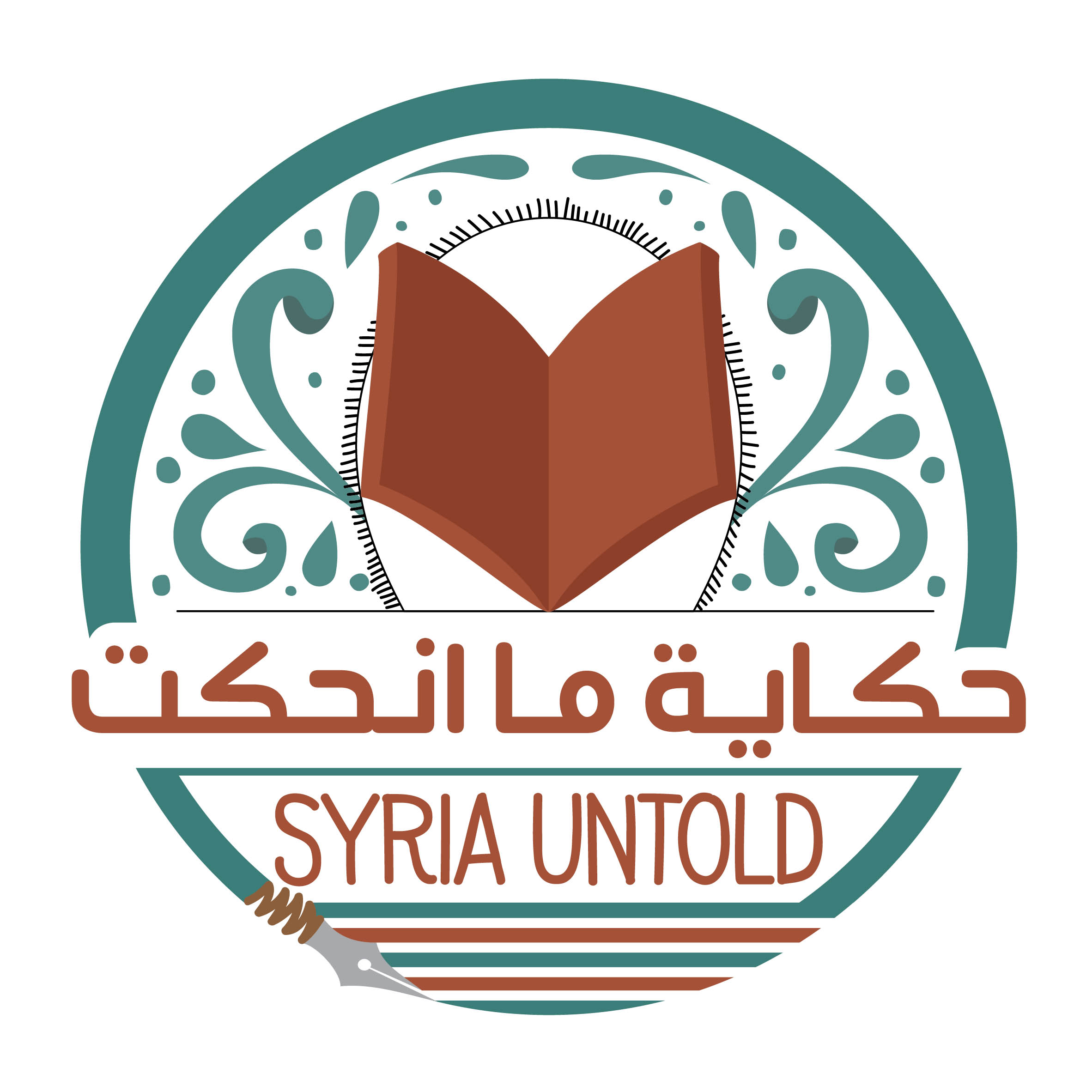Rebuilding Aleppo: 'We cannot preserve the place but we can save our memories' (The Guardian)
The battle for Aleppo ended in 2016 with the Syrian regime controlling the city. However, much of the city remain in ruins, and thousands of its citizens are now scattered around the world. A facebook page has become a virtual museum, where people share their memories of the city, its cuisine and traditions before the war.
"As the war in Syria appears to be nearing some kind of end there is much talk of reconstruction. But it’s not just buildings and infrastructure that need to be rehabilitated, it’s also the historical and cultural ties that once held together now fractured communities. Citizens from the northern city of Aleppo, including Shikhouni, have taken it upon themselves to salvage their heritage: they’ve created a closed Facebook group where more than 52,000 Aleppians of different faiths and ethnicities share memories of their traditions and way of life before the war.
“I am afraid that we will lose a lot of tradition and vocabulary because of the immigration,” says the group’s head administrator, Souha Chaban, referring to the thousands of people who have left Aleppo since the Syrian war broke out in 2011. "
The spectre of a Syrian Srebrenica (Al-Jazeera)
As Bosnians commemorated the anniversary of the Srebrenica massacre last week, Refik Hodzic argues that this massacre would not have been possible without the systematic dehumanisation of the Bosnians refugees in Montenegro in 1992. Hodzic warns that the same rhetoric is employed in describing the Syrian refugees living in Lebanon today, and calls for an immediate stop of this hate speech.
"However, the dehumanisation campaign led by prominent Lebanese politicians and media organisations directed at Syrian refugees in Lebanon could have dire consequences that would have an effect far beyond the country's borders.
In a manner painfully familiar to Bosnians, Syrians in Lebanon are being reduced to a problem, a malignant foreign tissue that needs to be removed from the country by any means necessary. This discourse, which portrays Syrian refugees as sub-human, normalises hatred of Syrians and even classifies it as an act of patriotism."
Syrian refugees in Istanbul nervous over raids, arrests by Turkish authorities (The National)
A campaign of stop-and-search checks that started last week is terrorizing the Syrian refugees. There are half a million unregistered refugees living in Istanbul, and a large number of Syrians work informally. All those who are unregistered or working informally now face the risk of deportation. Resentment against Syrian refugees increased for economic reasons and also because the CHP used anti-refugee rhetoric in its campaign for the recent mayoral election in Istanbul.
"Starting on Tuesday morning, WhatsApp groups used by local Syrian activists started spreading warnings about security checks happening in metro stations, buses and public squares. One video appeared to show a Turkish police checkpoint in Istanbul’s Aksaray district, stopping young Syrian men to examine their papers. In another, shared on Thursday, shows a busload of young Syrian men after being apprehended by authorities. “We don’t know where we’re going,” one man says."
Hamas and Syrian regime: Unstable relationship and conflicting positions (Enab Baladi)
Enab Baladi examines the history of the relationship between Hamas and the Syrian regime since the establishment of the movement. The Syrian government offered Hamas logistic and financial support under both Assad father and son, offering Hamas a base in Damascus. The uprising in Syria brought the relationship to an end. Hamas supported the armed factions who fought the Syrian regime in Yarmouk camp, and its leaders left Damascus in objection to the regime's military campaign against its opponents. With the wave of Arab Spring uprisings defeated across the region, Hamas is trying to strengthen its alliance with Iran. The article reflects on the possibility of re-establishing its relationship with the Syrian regime.
““Al-Monitor” news website quoted an Iranian official on3 April 3, 2019 as saying that Iran has been mediating between the Syrian regime and Hamas since the beginning of 2017, noting that several meetings aiming to achieve this goal have hosted both leaders of Iran and Hamas.
The official added that the Syrian regime continues to recognize the withdrawal of Hamas leaders from Damascus in 2012, and settling down in Qatar and Turkey, in addition to the statements of some leaders of the pro-revolutionary movement, which represented a stab in the back.
However, the official explained that Iranian mediation and the mediation of the Lebanese “Hezbollah” alleviated Damascus’s attitude towards “Hamas.”
Syria war: Why did Assad restructure the military-security apparatus? (Middle East Eye)
Assad restructured the security apparatus on June 8th, replacing many of Syria's strong Generals. The move was seen by many as a sign of an increased Russia and Iran rivalry in the country, and referred to the fact the newly appointed officials are pro-Russian. Paul Khalifeh examines this hypothesis.
"It is also public knowledge that Russia prefers to work with specific units within the Syrian military, such as the “Tiger” forces commanded by General Souhail al-Hassan, and the 5th army corps.
On the other hand, the Iranians enjoy excellent relations with the 4th elite division of the Republican Guard under the command of General Maher al-Assad, the president’s brother.
But claiming, as some reports suggested, that those two countries are imposing their respective candidates at the top levels of Syria’s security agencies or military units constitutes a stretch."




